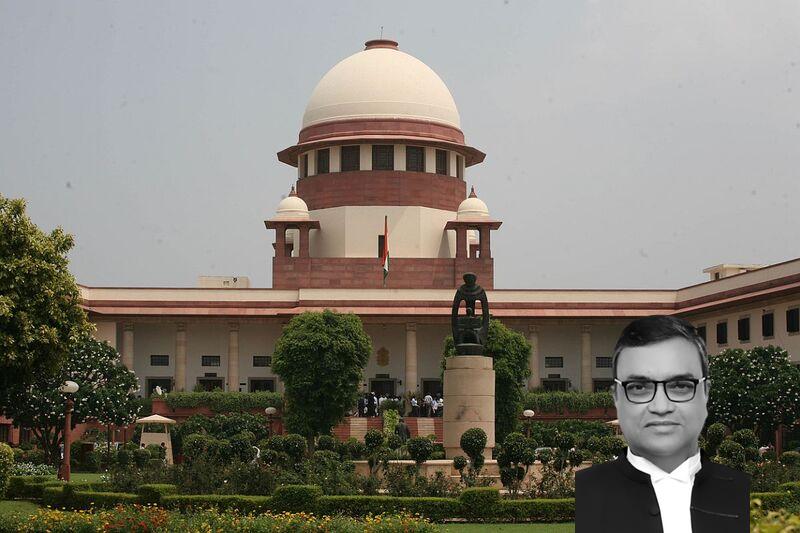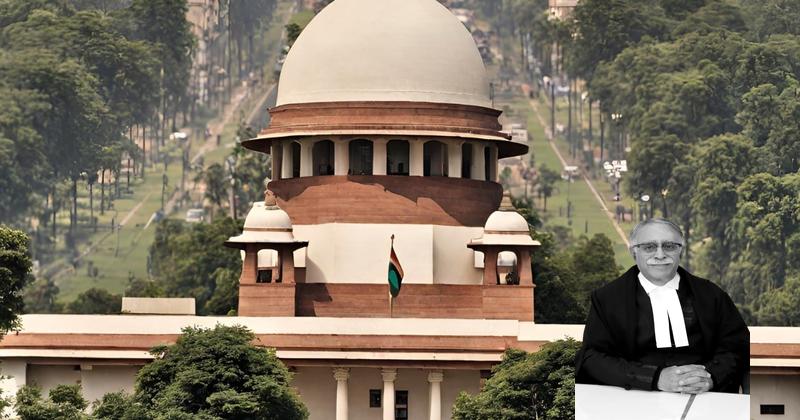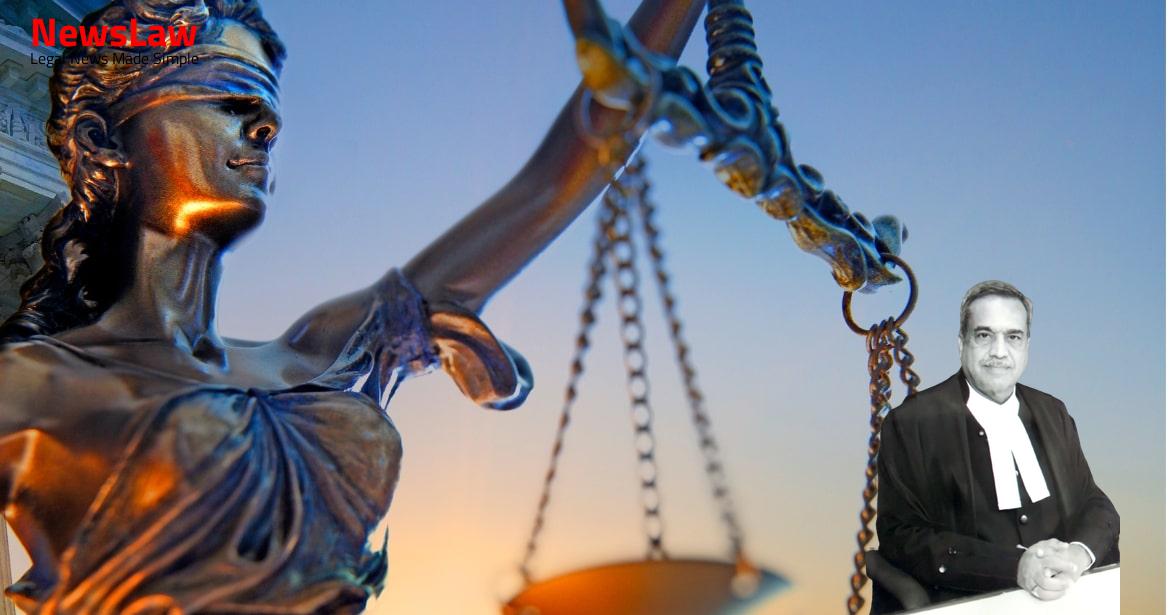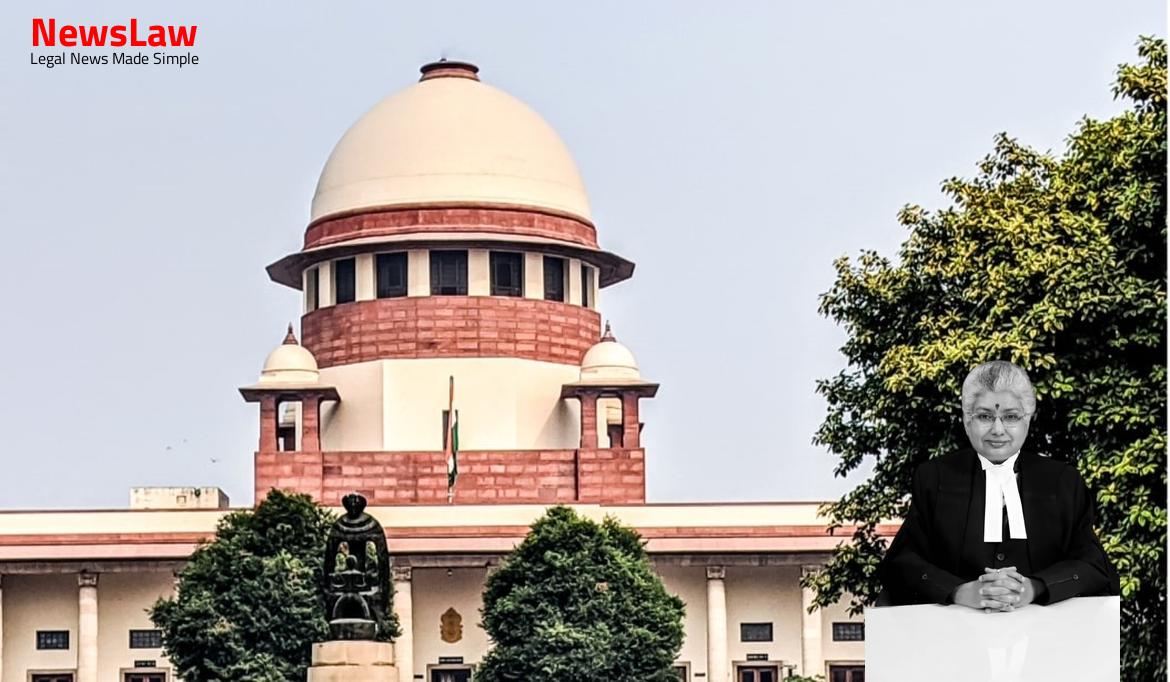The Principal Sessions Judge, Kanyakumari District at Nagercoil, vide judgment and order dated 22 March 2002, convicted the appellant for committing murder and sentenced him to life in prison together with 2 fine of Rs.1000/-, in default to undergo rigorous imprisonment for 6 (six) months.
Also Read: https://newslaw.in/?p=228
Suddenly, the appellant picked up one rubber stick (lying on the back side of the tea stall) and hit Palas on the front and back sides of his head while exhorting him to get lost. On 15 March 1996 itself, post mortem was conducted by an Assistant Professor of Forensic Medicine and Deputy Police Surgeon, Medical College, Thiruvananthapuram (PW-9).
While the Sessions Court was of the view that the prosecution had been successful in establishing the charge against the appellant beyond reasonable doubt, the High Court while exercising appellate jurisdiction considered the oral testimony of PWs 2 & 3 and held that it had no hesitation to hold that it was the appellant who caused the head injury resulting in the death of Palas.
Being of the view that the incident of assault leading to the ultimate death of Palas had happened at the spur of the moment, the High Court was also of the view that Exception- II of section 300, IPC stood attracted and consequently, the appellant could not be held liable under section 302, IPC; instead, he would be liable for the offence of culpable homicide not amounting to murder punishable under section 304-Part II, IPC. According to him, if indeed Palas had been assaulted by the appellant and such incident was witnessed at least by PWs 2 and 3, as part of normal human reaction, the person(s) taking Palas to the nursing home/hospital would be expected to disclose the factum of Palas having suffered head injury as a result of blows inflicted on him by the appellant; however, neither any disclosure was made of such assault nor the appellant was named as the assailant. Basant urged that the prosecution had failed to prove that the appellant [who has unnecessarily suffered 11 (eleven) months incarceration] was instrumental in assaulting Palas which ultimately led to his death. PWs 2 and 3 were eyewitnesses to the assault on Palas by the appellant and nothing surfaced in course of their cross-examination to discredit them. Aristotle submitted that the High Court has exercised appellate power judiciously by returning a finding that the appellant was guilty of culpable homicide not amounting to murder and that the sentence imposed upon him neither being disproportionate nor shocking to the conscience of the Court, the same ought not to be interfered. The question we are tasked to decide is whether, based on the evidence on record, the High Court was justified in returning a finding that the appellant was guilty of the offence punishable under section 304- Part II, IPC and liable to be sentenced as a consequence thereof, as has been imposed on him. A realistic and pragmatic approach has to be adopted, keeping in mind the peculiarities of each particular case, to assess whether the unexplained delay in lodging the FIR is an afterthought to give a coloured version of the incident, which is sufficient to corrode the credibility of the prosecution version. although the incident was of 12 March 1996 and in between Palas was treated initially in a private nursing home and then in the government hospital where he passed away on 14 March 1996 around 07.15 p.m. It is the oral evidence of a head constable who was posted at Arumanai Police Station (PW-10) that PW-1 had visited the police station on 15 March 1996 and given a statement (Ex.
PW-2 deposed that he had taken Palas to Sivanandan Nursing Home and had stated to the doctor (PW-7) that the appellant had hit Palas with a rubber stick.
PW-3 in course of her cross-examination (conducted a 12 little less than 4 years from the date of incident) could recollect the incident and all follow up steps sequentially, and went on to depose that she chose not to report the crime or have the same reported since she decided to save Palas.
It is in the deposition of PW-11 that PW-10 had recorded the statement of, inter alia, Velukutti earlier and that PW-11 himself had recorded the statements of PWs 1, 2 and 3 as well as Ponnaian. Providing first aid to Palas coupled with the statement of PW-2 of a small injury having been suffered by Palas, it is not unreasonable to presume that the injury was obviously not too serious and Palas himself was in a position to say how he had suffered the injury. That apart, it is seen from the evidence of the autopsy surgeon (PW-9) that there were several scratch injuries suffered by Palas near to his left shoulder, on his left elbow, on his upper right thumb, and lower to left knee on his left foreleg.
The contents on the reverse are definitely not in the handwriting of PW-8 but reveals the words “fall from tree”.
All circumstances taken together tilt more towards the inference that Palas was under the influence of alcohol, did fall from a tree, had a head injury and several scratch injuries and, most importantly, in the process of the fall and hitting the ground, bit his tongue resulting in the lacerated injury spoken of by PW-9. During cross-examination by the appellant, PW-1 spoke of one Radhakrishnan (according to PW-3, Radhakrishnan is PW-3’s sister’s 16 husband) and police of Arumanai Police Station having obtained the signature of PW-1 on “one paper”.
Case Title: SEKARAN Vs. THE STATE OF TAMIL NADU
Case Number: Crl.A. No.-002294-002294 / 2010



